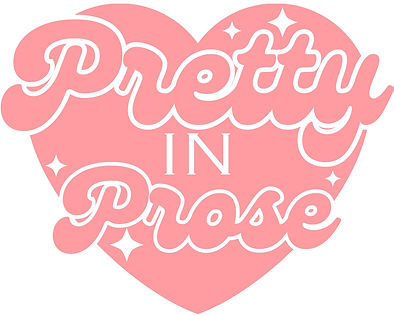banned books about politics
- Gracyn Lian
- May 5
- 2 min read
Updated: Sep 29
One of the ways governments control their people is through the censorship of certain media that conveys messages that the governments do not want their citizens to consume. These books have been challenged or have faced bans across various countries and time periods, often due to their critical examination of political systems, advocacy for human rights, or portrayal of controversial ideologies.
The reasons for bans typically include:
Subversion of Authority: Challenging existing political structures or leaders.
Moral and Religious Objections: Content deemed offensive to prevailing moral or religious norms.
National Security Concerns: Fear that the material could incite unrest or dissent.
It is important to exercise our freedom of expression and therefore our freedom to consume whatever media we would like.
For more information on book bands and to support freedom of expression:
The Handmaid's Tale by Margaret Atwood
Themes: Theocratic dictatorship, women's rights, reproductive control.
Banned in: Portugal, Spain, multiple U.S. school districts.
Reasons: Perceived as anti-religious, sexually explicit, and politically provocative.
The Communist Manifesto by Karl Marx and Friedrich Engels
Themes: Class struggle, socialism, communism.
Banned in: Various capitalist countries.
Reasons: Promotion of communist ideology; considered subversive.
Such a Long Journey by Rohinton Mistry
Themes: Political corruption, personal struggle, Indian politics.
Banned in: University of Mumbai, India.
Reasons: Deemed offensive to political figures; led to protests and removal from syllabus.
The Trial by Franz Kafka
Themes: Bureaucracy, justice, existentialism.
Banned in: Nazi-occupied Czechoslovakia; Soviet Union.
Reasons: Considered decadent and defeatist; conflicted with authoritarian ideologies.
1984 by George Orwell
Themes: Totalitarianism, surveillance, censorship.
Banned in: Soviet Union (until 1988).
Reasons: Critique of Stalinist regime; viewed as an unwanted commentary on dictatorial governance.
Animal Farm by George Orwell
Themes: Revolution, corruption, authoritarianism.
Banned in: USSR; briefly in the UAE.
Reasons: Allegorical critique of Soviet politics; depiction of talking pigs conflicted with Islamic values.
The Rights of Man by Thomas Paine
Themes: Human rights, revolution, democracy.
Banned in: United Kingdom; Tsarist Russia.
Reasons: Support for the French Revolution; challenged monarchical authority.
The God of Small Things by Arundhati Roy
Themes: Caste system, forbidden love, political unrest.
Banned in: India.
Reasons: Charges of obscenity; critique of societal hierarchies.
The Gulag Archipelago by Aleksandr Solzhenitsyn
Themes: Political repression, Soviet labor camps, human rights abuses.
Banned in: Soviet Union.
Reasons: Exposed the atrocities of the Soviet regime; viewed as anti-government propaganda.
We by Yevgeny Zamyatin
Themes: Dystopia, state control, individual freedom.
Banned in: Soviet Union.
Reasons: Satirical portrayal of a totalitarian state; criticized for political dissent.






Comments